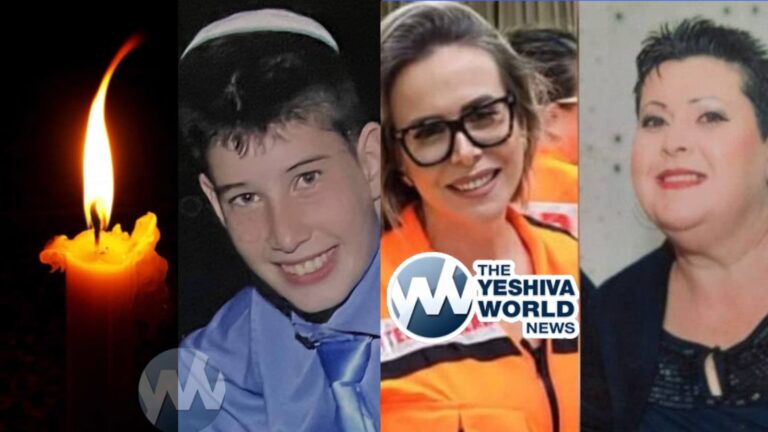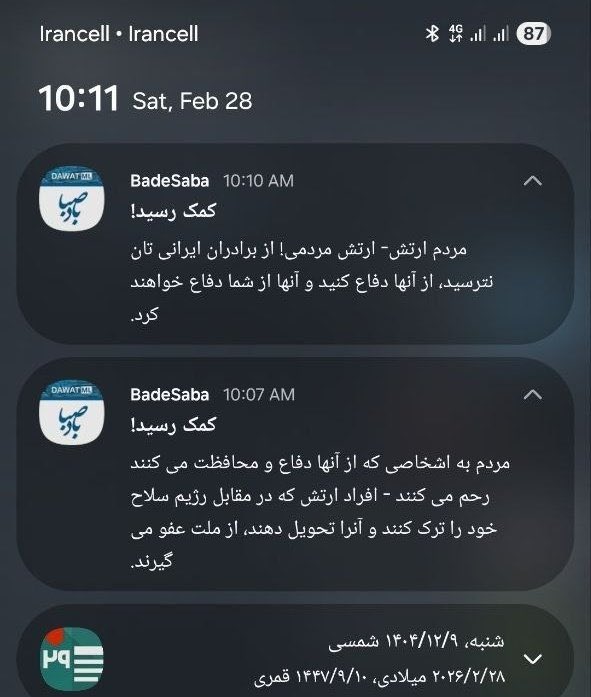 People in the courthouse sometimes shun them. Friends, and even family, sometimes question their principles.
People in the courthouse sometimes shun them. Friends, and even family, sometimes question their principles.
For the small band of lawyers who defend the most despised terrorism suspects — the ones accused of hatching al-Qaida plots to kill Americans around the world — this is the highly uncomfortable life they chose.
They are the true believers in the legal principle that everybody deserves representation in court, even if it means they get the same scorn and sometimes the same scrutiny as the people they represent.
Just ask Anthony Ricco, who was among a handful of respected defense lawyers summoned to the federal courthouse in Manhattan after the Sept. 11 attacks because they might be needed for potential suspects. He recalled his mother telling him, in a temporary moment of outrage, “If you go down there to represent them, I will never speak to you again.”
Such hazards are becoming more common for the few dozen defense attorneys who specialize in terrorism cases as the Justice Department pushes the use of civilian courts — most often federal court in Manhattan — to bring foreign terrorism suspects to justice.
In two of the most recent cases, a Manhattan jury convicted Osama bin Laden’s son-in-law in March of conspiring to kill Americans, while an Egyptian imam is facing charges at an ongoing trial that he tried to start an al-Qaida training camp in Oregon.
“It’s a thankless but important job,” said Karen J. Greenberg, director of the Center on National Security at Fordham Law, adding that such lawyers “have dedicated their lives to people who otherwise might not get a fair trial.”
Sabrina Shroff, an assistant federal defender, won a rare, surprising victory in court recently when the government offered a plea deal that may free a client who the government once claimed planned to set up a U.S.-based cell of terrorists capable of striking worldwide.
She said representing every client, regardless of the crime, is the essence of her job, comparing the professional detachment to that of a physician.
“You wheel somebody in. He needs an operation. You do the operation,” Shroff said. “The doctor doesn’t say: ‘Let me see what his views are on certain matters.'”
Stanley Cohen represented bin Laden’s son-in-law and cleric, Sulaiman Abu Ghaith, who was convicted of terrorism charges at a trial where jurors watched him on videos after 9/11 warning Americans that the “storm of airplanes” would not cease.
Cohen pleaded guilty after the trial to tax charges he believes were meant to punish him for his fierce advocacy of unpopular causes — a claim the government denies.
“You get stigmatized. Folks avoid you. You get ostracized,” Cohen said. “Our job is to be friction on the machine. The system is racist and classist and ugly. It is designed to silence those who speak out, and it feeds upon people of color and the poor.”
Cohen has faced the worst backlash, which he says has included hundreds of death threats and posters from time to time near the courthouse describing him as a self-hating Jew who hates America and is a lawyer for terrorists. He blames it on his statements about Israel, including speeches around the world.
Lynne Stewart, who represented a blind Egyptian sheik who was convicted and sentenced to life in prison for terrorism, said she considered herself “the last person standing before the goal line, and the government had to get past me.”
After that trial, she was convicted on terrorism charges brought months after 9/11 for letting the sheik communicate with followers and lost her license to practice law. She received compassionate release from prison in December to fight cancer after serving four years of a 10-year sentence.
Stewart’s conviction “had the unintended consequence of having a chilling effect on the defense bar,” Ricco said. “No lawyer wants to take a case that will ruin your career.”
But Ricco calls defending such difficult clients “the highest calling” for defense lawyers and still finds it inspiring.
“What’s a kid who grew up in Harlem doing in a case titled the United States v. Osama bin Laden? Who would have thought it?”
(AP)











2 Responses
“will ruin your career.”
for a Defense Lawyer – hardly. It’s the best free advertising. Rich people accused of crimes don’t hire lawyers based on patriotism – they go for lawyers who are competent. A high profile case, even if done pro bono or at Legal Aid rates, is the path leading to lucrative criminals with deep pockets. It’s a dream assignment for a defense lawyer.
Sometimes they even have a legitimate win (as when they decided to let Bin Laden’s driver go – apparently Hitler’s drivers and other personal staff/servants weren’t prosecuted, and being a driver isn’t really a war crime).
That the government is using dirty tricks against defense lawyers suggests a serious lack of confidence by the prosecutors. If they were certain they had arrested the correct person, and had clear evidence linking them to the crimes alleged, the prosecutors wouldn’t need to resort to retaliating against the defense lawyers.
How did ricco end up with a job defending these terrorist dirtbags? I thought that was a job reserved exclusively for the cohens, greenbergs and lynne stewarts of the world. Does he at least have a jewish mother?